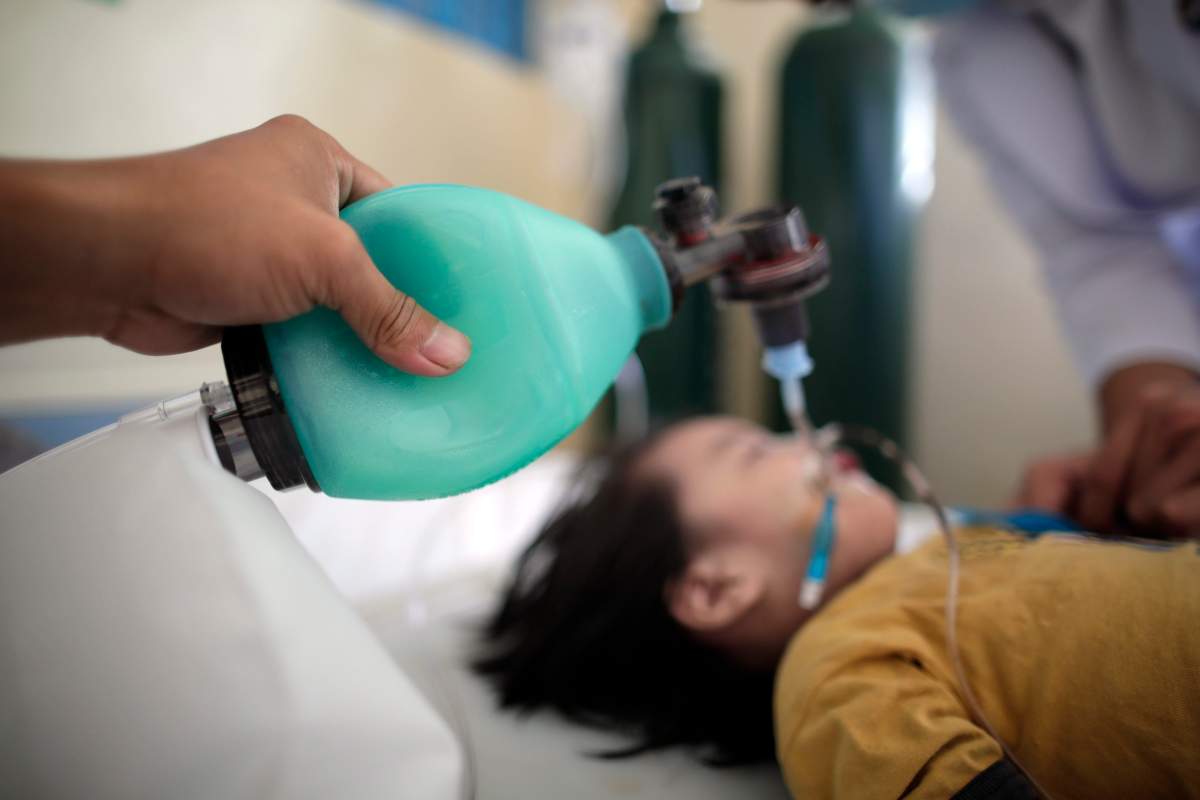MANILA, Philippines – The Philippine health secretary says 136 people, mostly children, have died of measles and 8,400 others have been sickened in an outbreak blamed partly on recent vaccination fears.

Health Secretary Francisco Duque III said Monday a massive immunization drive that started last week in hard-hit Manila and four provincial regions may contain the outbreak by April. President Rodrigo Duterte warned in a TV message Friday of fatal complications and urged children to be immunized. The outbreak began in January.
WATCH: Study concludes no connection between MMR vaccine and autism
Duque said a government information drive is helping restore public trust in the government’s immunization program, which was marred in 2017 by an anti-dengue vaccine made by French drugmaker Sanofi which was blamed for the deaths of at least three children.
Measles outbreaks have been turning up around the globe, in parts of Europe and Africa to across North America.

Get weekly health news
WATCH: Health officials work to control measles outbreak in Vancouver

A recent outbreak in B.C. — centered around elementary schools — has sickened “several” people. Dozens have fallen ill in Washington state, prompting a surge of vaccinations in the area.
The World Health Organization (WHO) has declared the anti-vaccination movement one of 2019’s top 10 health threats, saying that measles cases have risen globally by 30 per cent, though not all of these cases are attributable to vaccine hesitancy.
— With files from Global News







Comments
Want to discuss? Please read our Commenting Policy first.